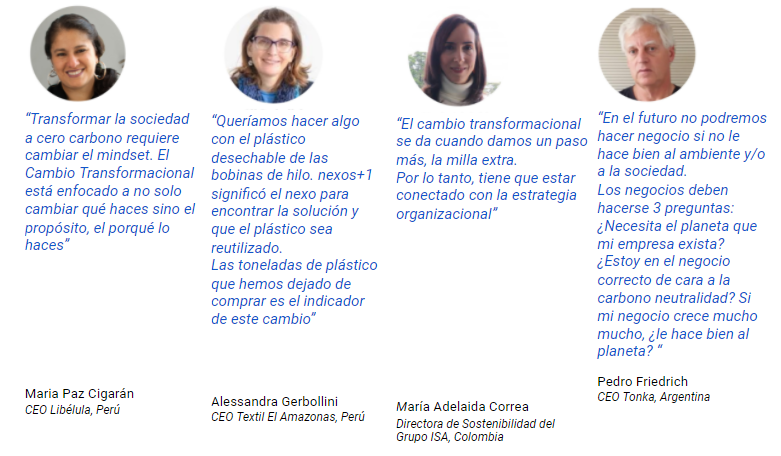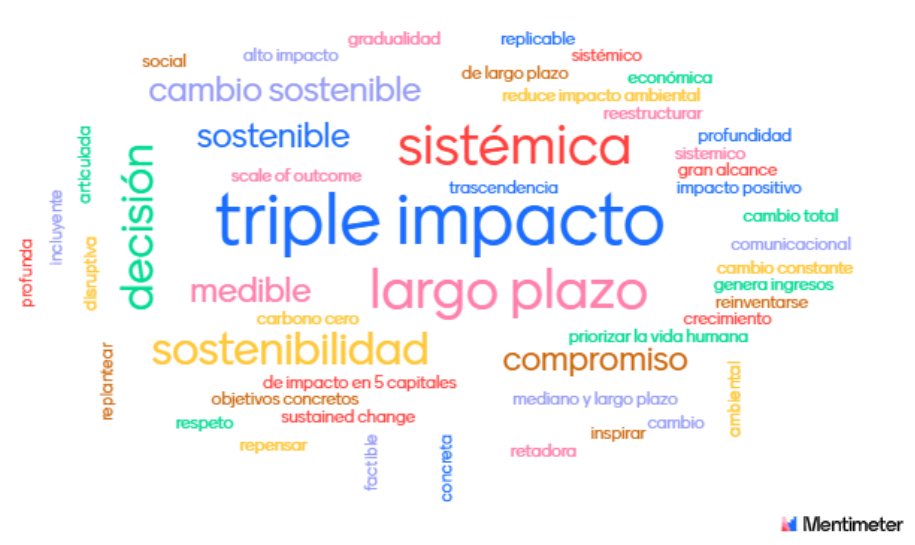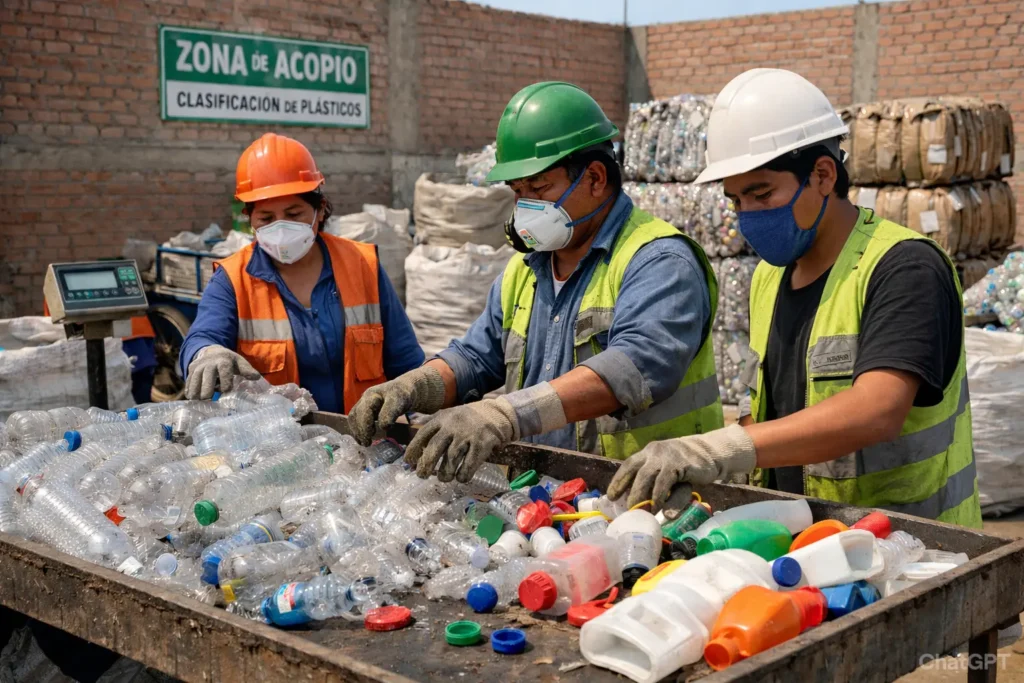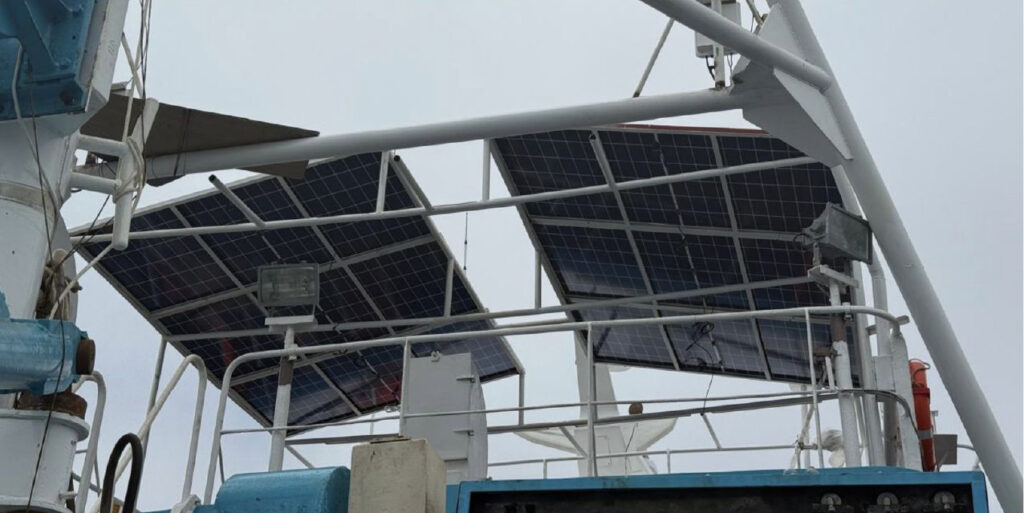Within the framework of the project Increasing the transparency and documentation of the private sector's contribution to national climate commitments. that Libélula, through its nexos+1 platform, has been strategically developing with the UNEP-DTU Partnership, a workshop was held on Friday, March 5, 2021. Transparency and business transformation: How can companies transparently assess and report on their transformational actions? The objective of the session was to present how companies can use the definition of transformational change to frame their business vision and contribute to system change.
The event kicked off with a presentation on the concept of the Transformational ChangeThe presentation was given by PhD Karen Holm Olsen. She argued that current climate commitments are not enough to achieve the goal indicated by science, so that systemic transformation will only be possible if it is approached from the different actors of society. In this sense, transformational change is that which disrupts pre-established (carbon-intensive) practices and is sustained over time, thus contributing to a zero-carbon society. In addition, the methodology adapted from the Climate Action Transparency Initiative (CTI) was introduced to assess the transformational impacts of business models and actions within companies. This methodology addresses the multiple evaluation motives that a transformational action may have, such as better understanding its key characteristics or assisting in monitoring and communicating its progress.

In the second part of the session, three cases of transformational business actions were presented. Through a panel led by Maria Paz Cigaran (CEO of Libélula) demonstrated how private companies in Latin America contribute from their own transformation to the global goals for climate and sustainable development, in line with the Paris Agreement and the 2030 Agenda. Alessandra Gerbollini, said that Textil El Amazonas has implemented a circular economy approach to the reuse of plastic spools in textile production. Tonka, represented by Pedro Friedrich, shared his case of rural electrification in Argentina through a new business model using solar photovoltaic energy. María Adelaida Correa, Director of Sustainability of the ISA Group - Colombia, highlighted how, through the Jaguar Connection Program forest conservation and carbon offsets are being achieved throughout Latin America. In addition, interviewees responded to the following questions:
(1) What is your vision for transformational change to achieve climate and sustainable development goals?
(2) How can the company's actions have a positive impact on GHG reduction and Sustainable Development, given sectoral, national and global objectives?
(3) In your opinion, how does transparency [through evaluation and reporting of your transformational actions] add to your business and transformational change towards sustainability?

Finally, in small working groups, an interactive and practical exercise was carried out so that participants would know how to conduct a transformational impact assessment, under a series of selected steps given a specific case of transformational business action. According to the ICAT methodology template, the first step is to define the vision of transformational change that a company seeks in the short, medium and long term. Once the vision is determined, the relevant characteristics for evaluating a company's transformational actions are identified. To conclude the exercise, participants were asked to respond to the question "What are the characteristics of transformative action?"





